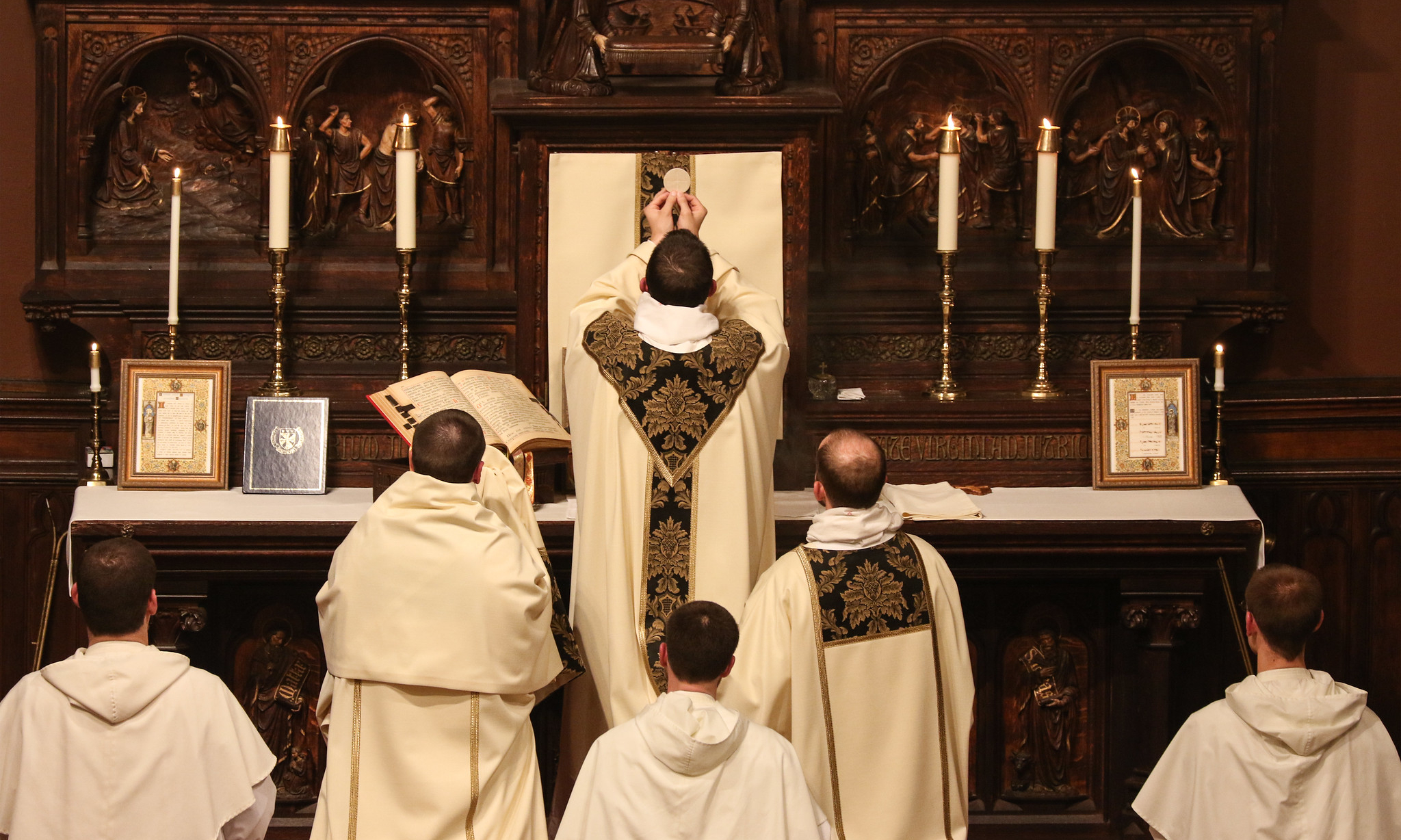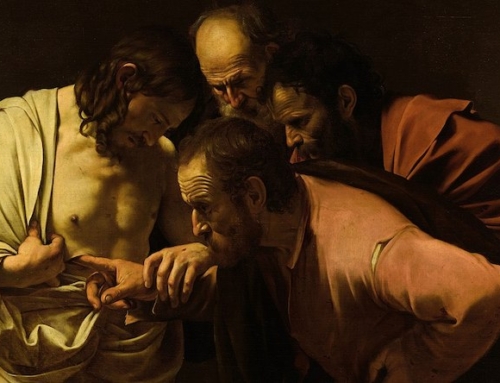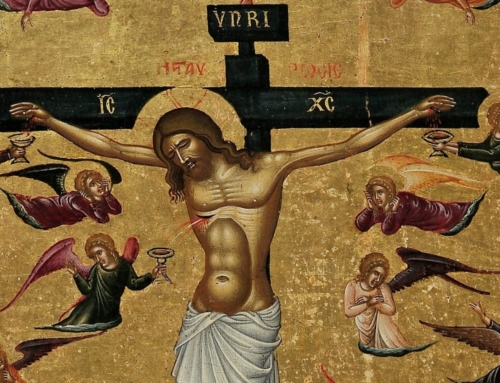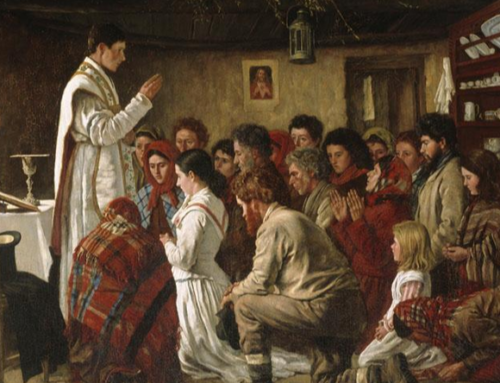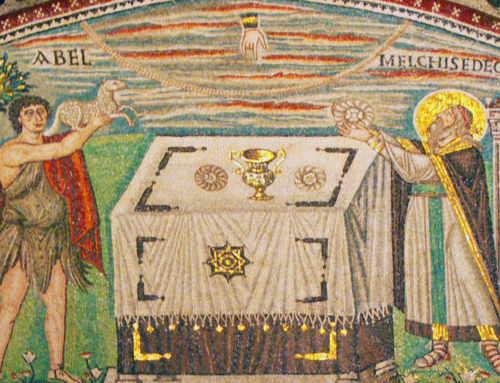Going to Mass can be challenging. We know why we have to go, but—more often than not—we are quick to lose sight of the reasons for attending Mass because of what may occur during the liturgy.
How many times have you come out of Mass and heard someone say, “Father’s homily was way too long!” … “If the choir sings that hymn one more time!” … “What was the decorating committee thinking when they put that banner up?” You name it, and you can find many reasons to complain about your parish liturgy. In doing so, you might blame one or more of these external factors for not giving you the experience you were intending to have.
Now don’t get me wrong, I’m not saying that orthodox preaching, sacred music, and beautiful churches have little to no effect in elevating or enriching your experience of the liturgy. They most certainly can! But, from time to time, our human weakness is prone to distraction—especially when these externals fall short of the mark. Unfortunately, when we get caught up in the externals of the liturgy, and when these externals become the source of our attention during the holy sacrifice, we may feel like we somehow missed the mark on going to Mass for the day.
So how do we achieve the experience of that “perfect Mass” every time we participate in the sacred liturgy? If we focus only on the externals, we will never achieve that perfect Mass. So we must remember that every Mass is already perfect because of the divine sacrifice that occurs within it.
The Second Vatican Council’s document on the sacred liturgy, Sacrosanctum Concilium, offers insight into the importance of focusing all our attention during the liturgy on the one thing that really matters, the Eucharist. When we focus on the Eucharist and neglect the external distractions around us, it allows us to experience the Mass with its intended beauty.
For the liturgy, “through which the work of our redemption is accomplished,” most of all in the divine sacrifice of the Eucharist, is the outstanding means whereby the faithful may express in their lives, and manifest to others, the mystery of Christ and the real nature of the true Church. It is of the essence of the Church that she be both human and divine, visible and yet invisibly equipped, eager to act and yet intent on contemplation, present in this world and yet not at home in it; and she is all these things in such wise that in her the human is directed and subordinated to the divine, the visible likewise to the invisible, action to contemplation, and this present world to that city yet to come, which we seek. (Sacrosanctum Concilium, paragraph 2)
The document on the sacred liturgy reminds us that the Eucharist is the armament that prepares us for battle. The Eucharist strengthens our resolve to fight off the temptations of the world and grow in the spiritual life. The Eucharist brings the saving power of Christ to mankind and ensures our eternal happiness. And the Eucharist is the real reason we attend Mass. The preaching, the music, and the aesthetics are all secondary to the most perfect sacrifice made present on the altar. As the abovementioned quote suggests, the Eucharist expresses the totality of the Christian life. In a word, the Eucharist makes every Mass perfect.
Yes, going to Mass can be challenging—if we get caught up in the external factors. It may be necessary to ignore those things that distract us, in order to contemplate the gift of the Eucharist. The next time you find yourself seeking out that “perfect Mass” or feeling like you weren’t given your proper fill, step back and behold the beauty of that perfect miracle that happens right before your eyes each week, and may you never lose sight of it. God has given us his most beloved Son in the Eucharist, and he is all we need.
✠
Photo by Fr. Lawrence Lew, O.P. (used with permission)

